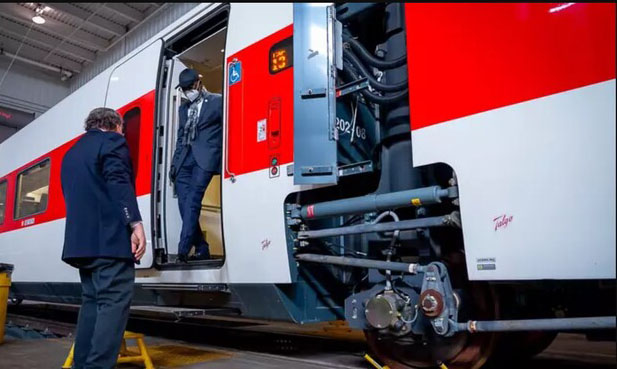Nigeria spent N445.4bn on debt servicing payments in the second quarter of this year, the latest data obtained from the Debt Management Office have shown.
From April to June 2021, Nigeria spent N322.7bn on domestic debt servicing, while $299m (N122.7bn) was spent on external debt servicing.
The exchange rate of the Central Bank of Nigeria ($1 is N410.3) as of September 30 was used for the external debt servicing.
For domestic debt, Nigeria spent N258bn in April, N42.4bn in May, and N22.3bn in June.
A breakdown of the statistics shows that the Federal Government spent a total of N322.7bn on the payment of interest, with N50.3bn expended on the redemption of matured Nigeria Treasury Bills between April and June 2021.
For external debt servicing, commercial loans had 53 per cent with a cost of $157,012.17, multilaterals had 35 per cent with a cost of $103,732.70, and bilateral had 13 per cent with a cost of $38,220.88.
Earlier, DMO’s Director General, Patience Oniha, had disclosed that the Nigeria’s total public debt stock rose from N33.11tn as of March 31, 2021 to N35.47tn as of June 30, 2021.
This shows an increase of N2.36tn or 7.13 per cent increase within the three-month period.
The total external debt stock rose from N12.47tn as of March 31 to N13.71tn as of June 30, indicating an increase of N1.24tn or 9.94 per cent.
The total domestic debt stock rose from N20.64tn as of March 31 to N21.75tn as of June 30, indicating an increase of N1.11tn or 5.38 per cent.
At the end of Q2 2021, external debt stock made up 38.66 per cent while domestic debt stock made up 61.34 per cent of the total public debt stock.
The debt to Gross Domestic Product ratio rose from 21.13 per cent to 21.92 per cent within the second quarter.
At the end of the second quarter, a breakdown of external debt stock showed that multilateral debt (from World Bank Group and African Development Group) led the list of Nigeria’s creditors with a share of 54.88 per cent.
The second highest was commercial debt (from Eurobonds and Diaspora Bonds) with a share of 31.88 per cent.
It was followed by bilateral debts (from China, France, Japan, India and Germany) with a share of 12.70 per cent.
Promissory Notes had a share of 0.54 per cent.
PwC Nigeria said in a recent report that the increasing cost of servicing debt continued to weigh on the Federal Government’s revenue profile.
It said, “Actual debt servicing cost in 2020 stood at N3.27tn and represented about 10 per cent over the budgeted amount of N2.95tn.
“This puts the debt-to-revenue ratio at approximately 83 per cent, nearly double the 46 per cent that was budgeted.
“This implies that about N83 out of every N100 the Federal Government earned was used to settle interest payments for outstanding domestic and foreign debts within the reference period.”
It added that in 2021, the FG planned to spend N3.32tn to service its outstanding debt. This is higher than the N2.95tn budgeted in 2020.

 Naira4 weeks ago
Naira4 weeks ago
 News3 weeks ago
News3 weeks ago
 Education4 weeks ago
Education4 weeks ago
 Social Media4 weeks ago
Social Media4 weeks ago
 Technology4 weeks ago
Technology4 weeks ago
 Investment4 weeks ago
Investment4 weeks ago
 Dividends4 weeks ago
Dividends4 weeks ago
 Economy4 weeks ago
Economy4 weeks ago

























